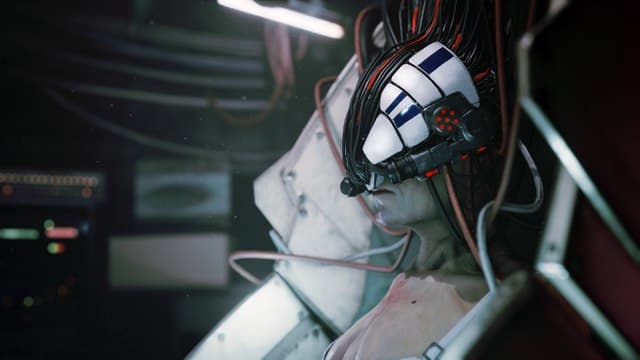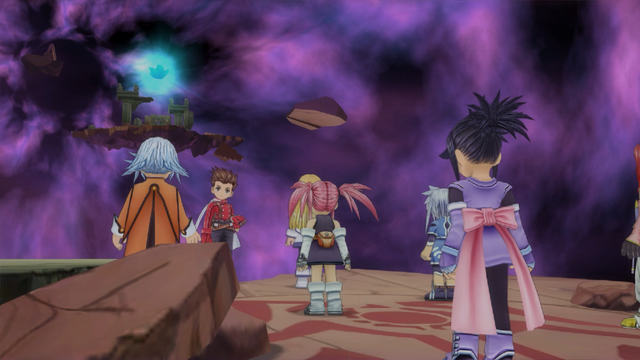The current state of original Xbox emulation on PC is, to put it gently, absolutely shit-awful. While PlayStation 2 fans can comfortably emulate the vast majority of their chosen console’s library, and while Gamecube kids can play any of their favorite titles in super crisp 4K, even the most advanced Xbox emulators only work with a few dozen of the console’s nearly 1,000 games, and “work” is being a bit generous. Even launch titles like Halo are missing textures, sound effects, cutscenes, and/or crucial level geometry under the best of circumstances.
A lot of this comes from the fact that the original Xbox was definitely (and wrongly) the least popular console of its era, which means that fewer people are interested in using their time to reverse engineer a software equivalent. But crucially, it also has to do with the Xbox’s notoriously esoteric operating system, which was built on a heavily modified version of Windows 2000. This week the source code for that operating system, along with several of its most important ancillary components, were leaked to the internet at large, according to a report from The Verge.
In addition to the kernel for the Xbox’s bespoke version of Windows 2000, the leak also included “some build environments, the Xbox Development Kit, emulators used for testing, and internal documents,” according to The Verge. The Verge also says that “this kernel and source code has been passed around privately among enthusiasts previously,” which therefore means that this leak won’t lead to any breakthroughs in emulator technology, but I take issue with that reasoning. Even if some inner circle of Xbox emulation enthusiasts already had access to some/all of this information, disseminating it to a wider group of programmers could theoretically facilitate discoveries that others had missed. Different people are capable of different things (this is not a radical idea!), and wider access to materials can only help the cause. Thank you for coming to my Ted Talk.
Now granted, a programmer can’t lift code from any of these leaked materials wholesale and use it in a new thing — that would be illegal! The kind of reverse engineering required for emulation development is only legal so long as you actually do the work to make your version of the old thing work in an original way; if you’re just copy-pasting source code, that’s intellectual property theft, homie. Regardless, this information could help emulation developers better understand the inner workings of an infamously inscrutable console, which might lead us to a future where one whole entire game functions properly in an emulator.
As someone who owned and loved the original Xbox during its brief, glorious time on this Earth, this whole thing is made doubly frustrating by the fact that Microsoft has a perfectly functional Xbox emulator in its possession, but chooses to keep it locked inside the black heart of the Xbox One. Moreover, Microsoft has long since ended its initiative to release original Xbox games on the Xbox One, which means that these 39 games are all we’re going to get for the foreseeable future. And as much as I appreciate being able to theoretically play Ninja Gaiden Black again, you’ll probably notice how that list is missing crucial games like Halo 2, Jet Set Radio Future, MechAssault, or even Otogi: Myth of Demons, dare I invoke its name.
I’m willing to spend money to play original Xbox games again, but not like this, and not those games. In a perfect world, Microsoft would sell some kind of original Xbox emulator for PC, or even just sell these 39 games through the PC’s Xbox store, or add them to PC Game Pass or something, but we don’t live in a perfect world. We live in the Eat Fresh® World of Despair (brought to you by Subway®), and thus, we must rely on emulation developers to make a better tomorrow possible. Hopefully this leak will bring us closer to that future.


